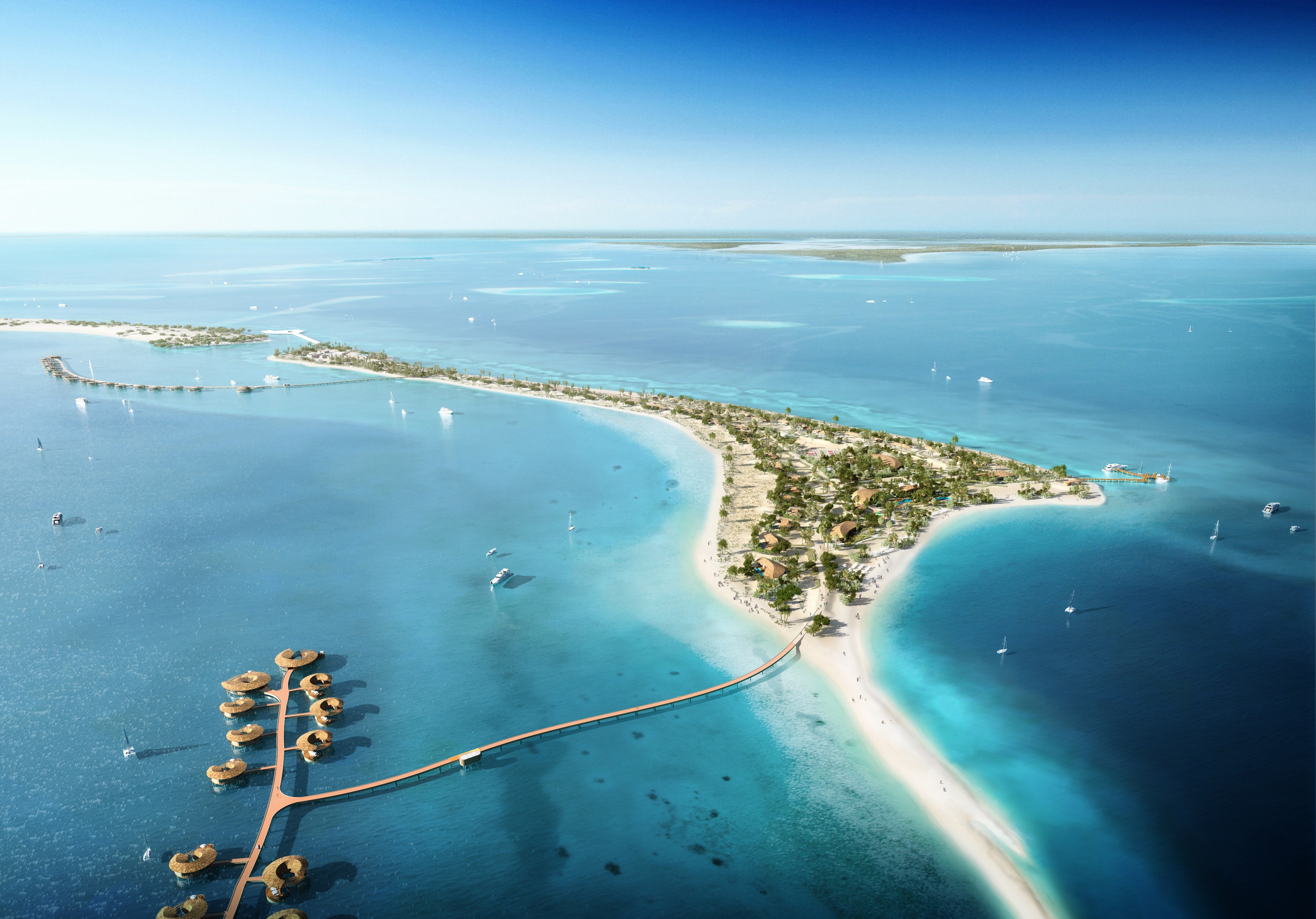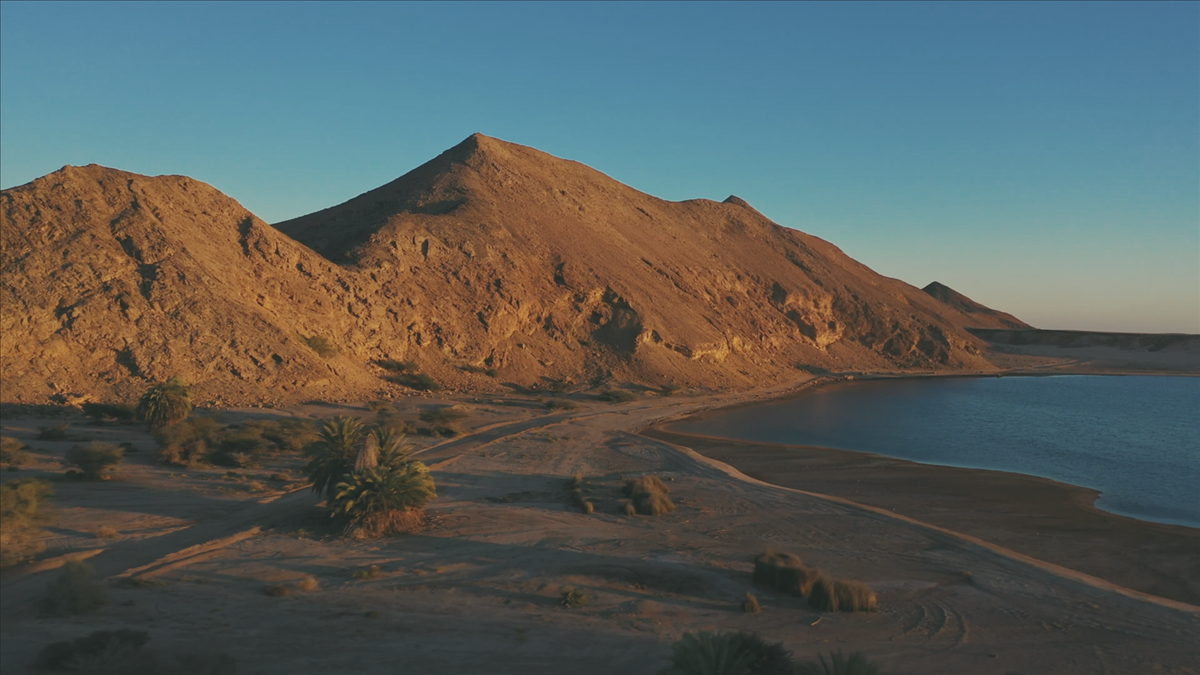
The Egyptian resort town of Sharm El-Sheikh recently hosted COP27, where the leading topic in a packed conference schedule was the serious threat posed by climate change to people’s livelihoods and to ecosystems across the globe – and what can be done to mitigate it.
Two ambitious and regnerative destinations dedicated to this mitigation are THE RED SEA and AMAALA, both being developed by Red Sea Global on the west coast of Saudi Arabia.
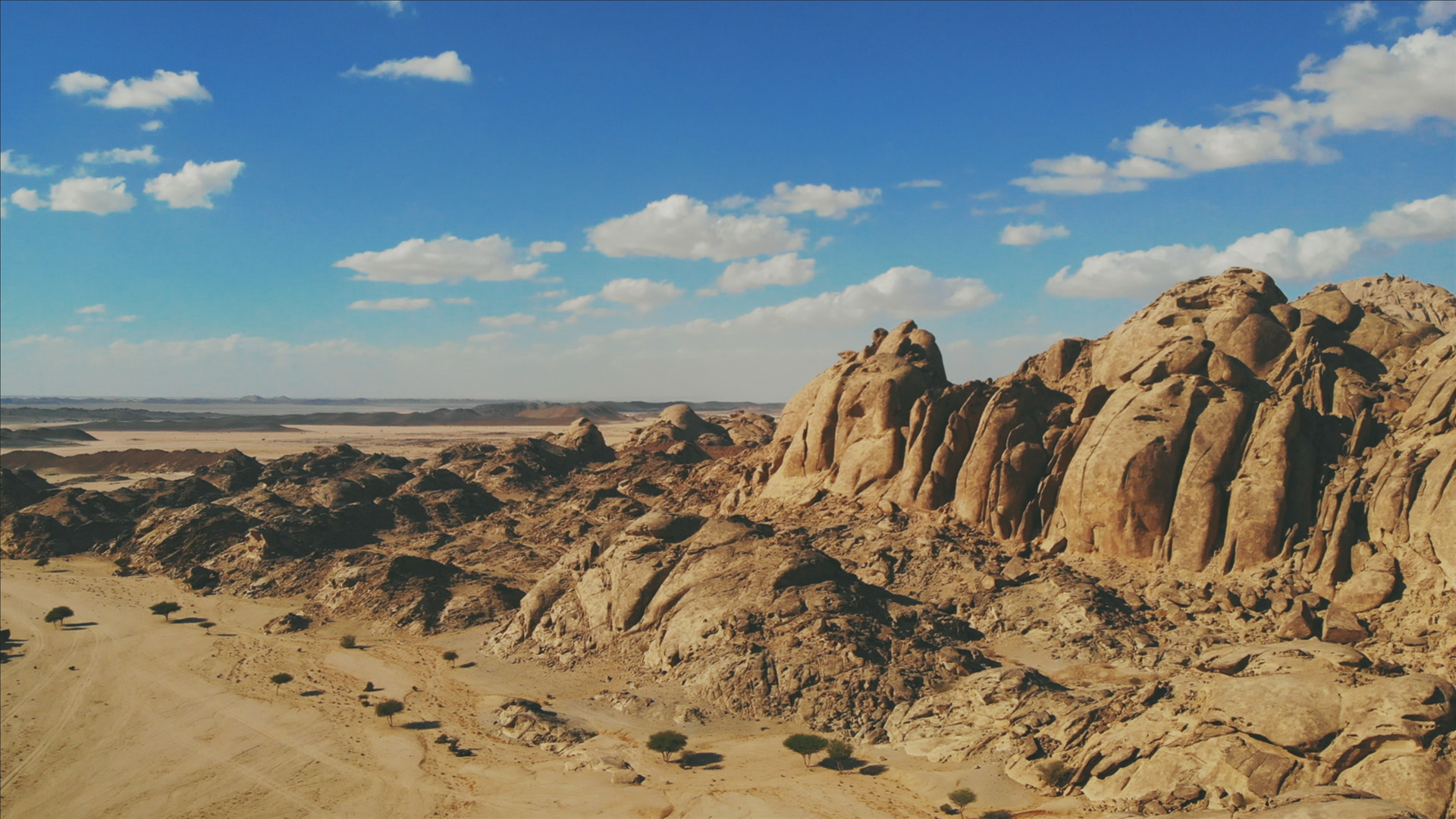
Spanning over 32,000 sqkm across the ancient trading route of the silk road, these new destinations will embrace the concept of luxury travel and well-being, inspired by the purity of the Red Sea. Luxury travel and sustainability have not always been the most obvious bedfellows. But THE RED SEA and AMAALA offer an integrated approach to travel, culture, the arts, sea, sand and sport experiences.
Natural landscapes
With 90 islands, a mountain range, sweeping desert dunes and 50 dormant volcanic cones, THE RED SEA is situated around the Al Wajh lagoon, home to the fourth largest coral reef system in the world. THE RED SEA is a paradisiacal crossroads of land and sea, steeped in a rich history of exploration.
The first phase of the development, due to complete by the end of 2024, will include 16 hotels, more than 1,000 residential properties and an 18 hole championship golf course. THE RED SEA is set to welcome its first visitors in 2023 when the first hotels will open, including Nujuma, a Ritz Carlton Reserve, Six Senses Southern Dunes, The Red Sea and St Regis Red Sea Resort.
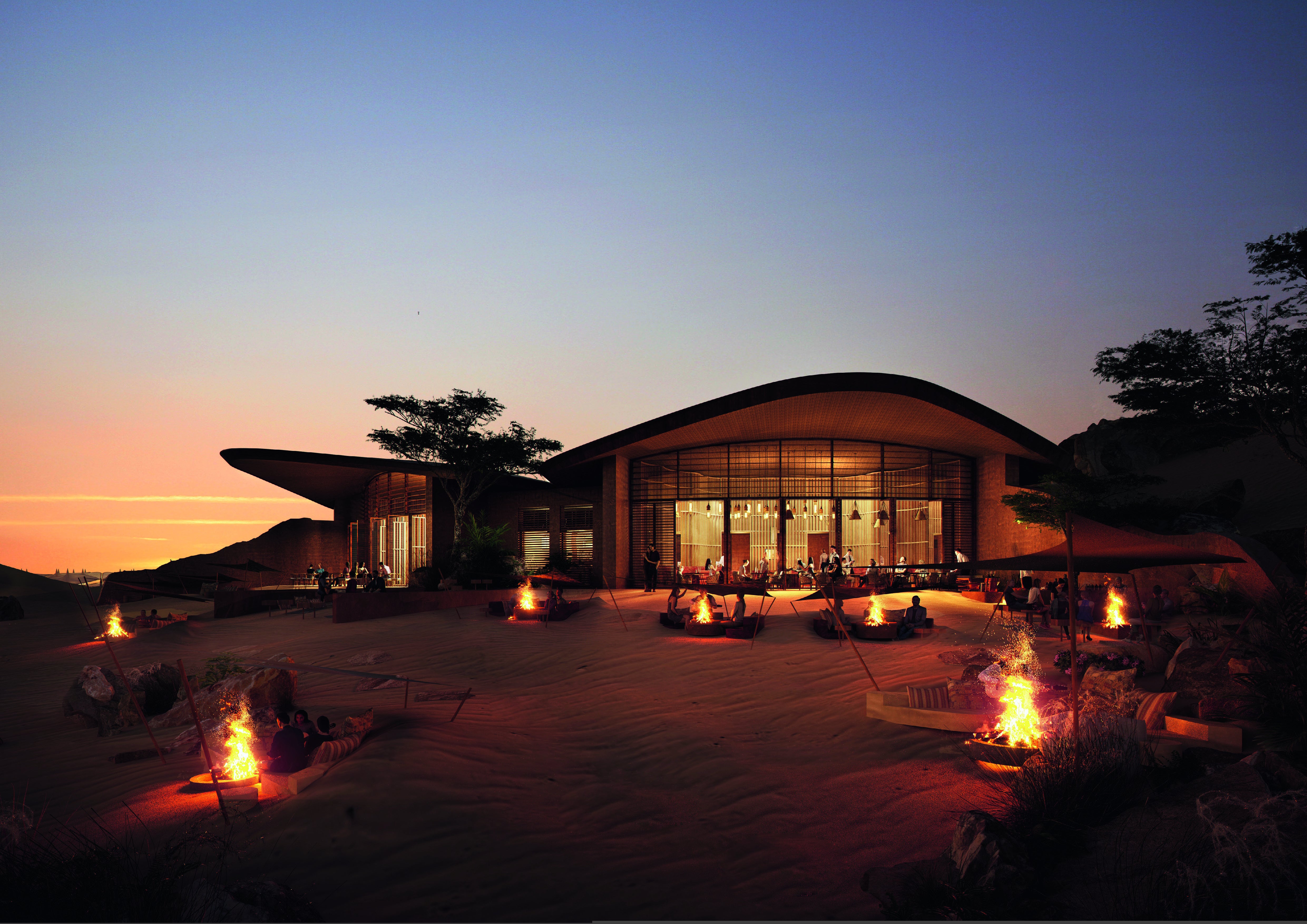
AMAALA, meaning “hope” in Arabic and “purity” in Sanskrit, will be the first integrated family wellness destination set to curate transformative personal journeys. The emphasis will be on health and fitness, nutrition, beauty, and personal care, aiming to revitalise guests and provide a pathway to rejuvenation.
Taking inspiration from indigenous Bedouin tribes, with their deep respect for the ancestral lands and sea that sustain them, THE RED SEA and AMAALA have a world class commitment to regeneration. The destinations have an abundance of flora and fauna and a rare natural ecosystem that is home to 280 species of fish and 314 species of coral, as well as Arabian falcons, sooty falcons and flamingos.
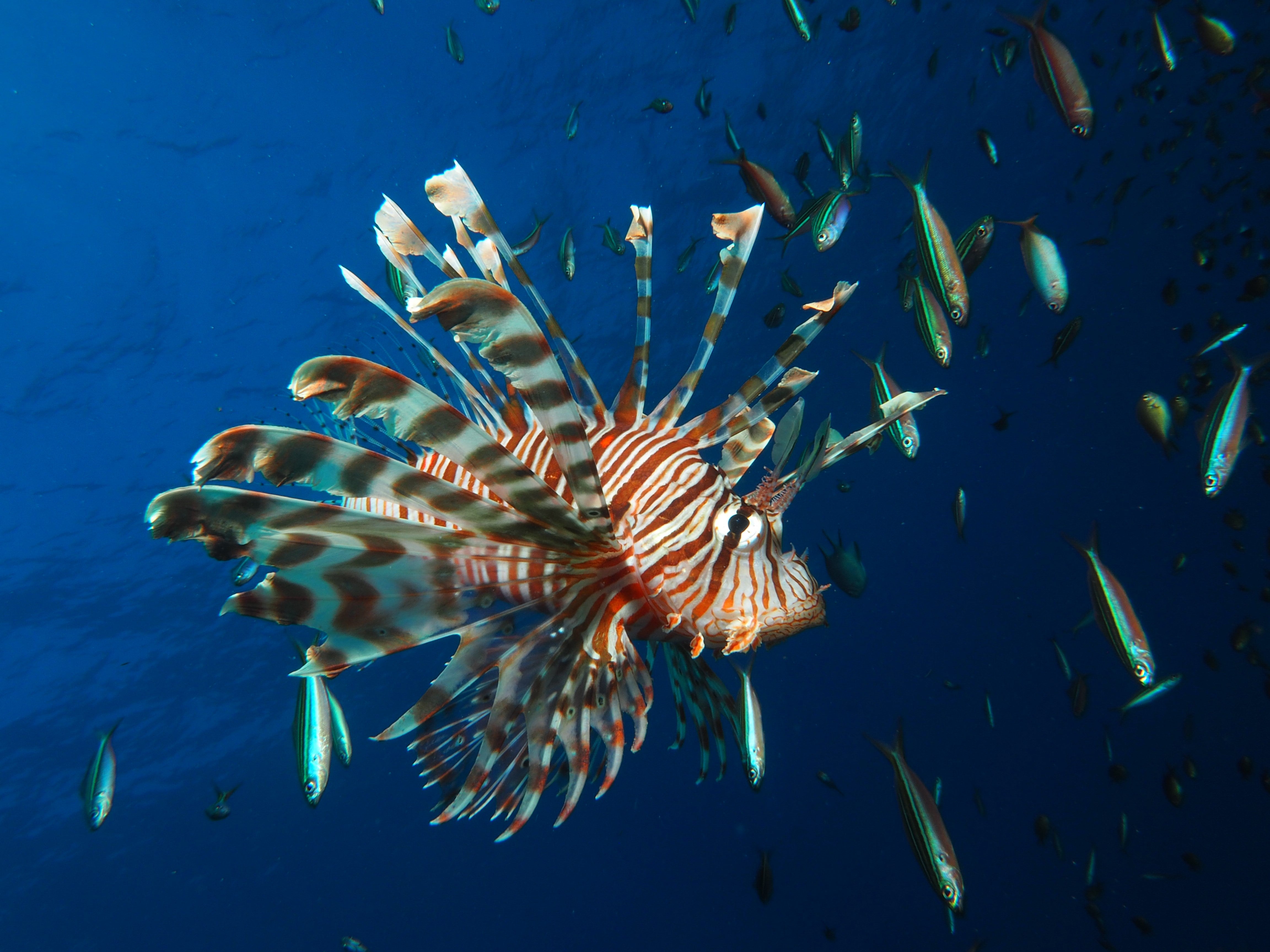
In the planning of THE RED SEA, nine islands were designated as conservation zones to protect wildlife. As a result, nesting sea turtles and sooty falcons have been saved on land, and at sea, humpback dolphins, sharks and halavi guitarfish have been preserved. Saudi also has the third largest population of Dugongs, a species under world-wide threat due to seagrass habitat loss. Red Sea Global scientists have given them the protection they need to continue to thrive in the region.
Sustainable practices
These destinations will be exquisite sanctuaries, offering indulgent experiences, but they must also be a beacon for sustainable practices if they are to help in the fight against climate change.
A hundred-hectare landscape nursery will provide 25 million plants for landscaping the destinations while playing an important part in the Saudi Green initiative to tackle the environmental challenges facing the world.
This passion for ecology and sustainability has been the guiding light for Red Sea Global. This is seen through its commitment to ensure THE RED SEA and AMAALA are powered by 100 per cent renewable energy with no connection to the national grid and the pursuit of net zero once fully operational.
Red Sea Global is committed to offering emmission-free electric and hydrogen transport across its destinations. This includes e-bikes, golf buggies, cars, vans, seaplanes and boats. Light pollution is taken into consideration to ensure the skies remain dark with no disturbance to nocturnal wildlife.
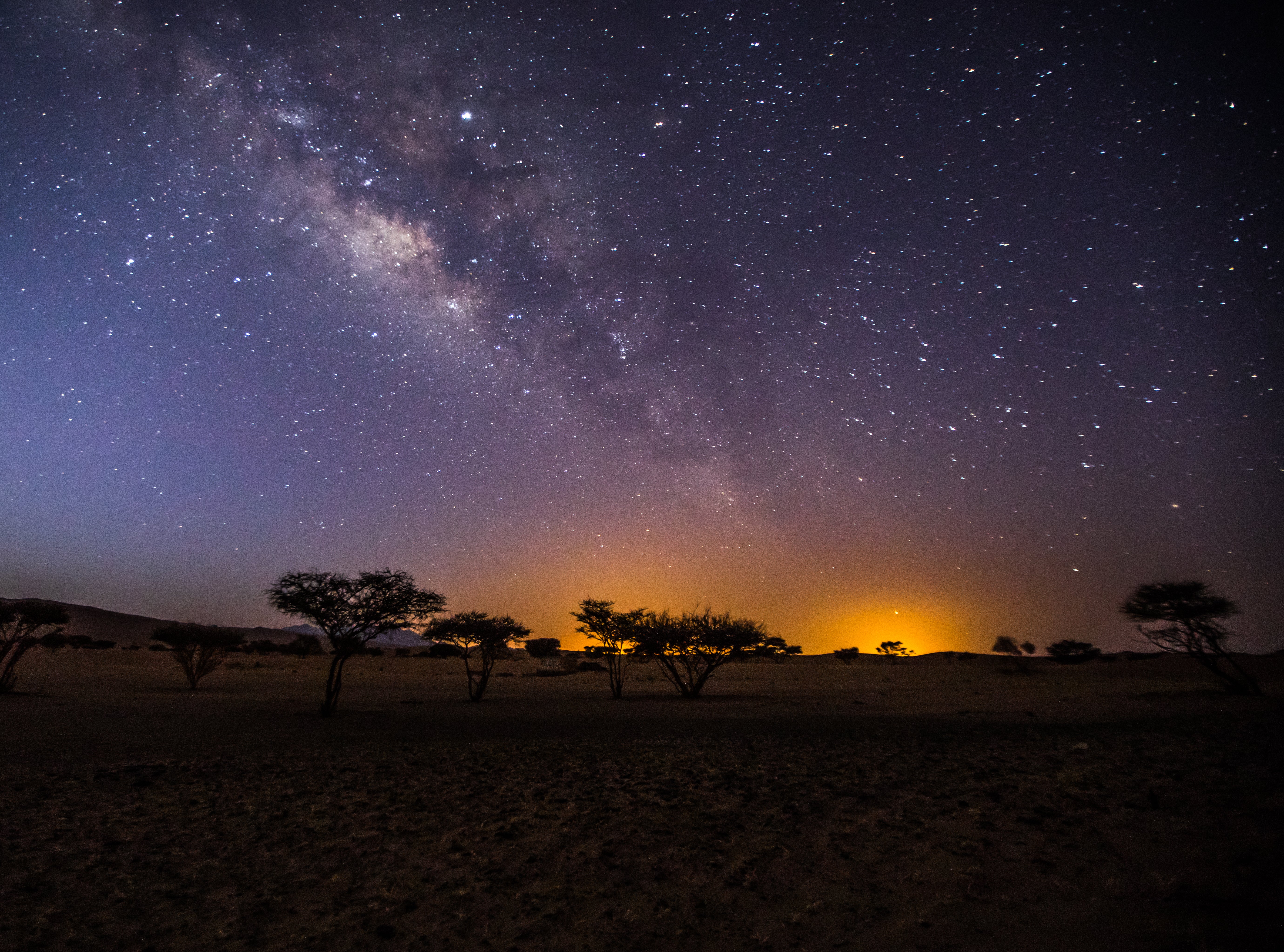
Red Sea Global has made decisions few developers would, putting people and planet above short term profit. THE RED SEA and AMAALA will cap visitors at 1 million and 500,000 respectively, to avoid overtourism and to protect the natural ecosystem. Likewise only one per cent of THE RED SEA destination area will be developed, while just five per cent will be at AMAALA.
Whatever progress is made at COP27, Red Sea Global hopes THE RED SEA and AMAALA will act as shining examples of regenerative development for future projects. Respect for the environment, a responsibility for their obligations to mitigate climate change, positive collaborations with their stakeholders, and the passion to make a positive change for the future – these should be the cornerstones of future operations if we are to prosper safely for generations to come.
